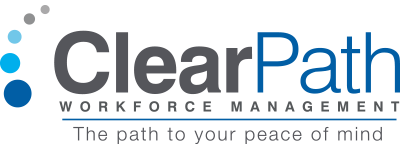We’ve noticed lately that some businesses act as if they are not responsible for employment laws for their temporary workers. This may put their company and themselves at risk. Let me explain.
Temporary employees can add flexibility to the workplace. They may be essential for businesses that experience seasonal rushes or project work. Temporary workers can also be used to fill positions when permanent employees are on leave. However, before a temporary worker is hired, it is important to understand the rules and regulations that protect them.
Renee Fink, CEO of ClearPath Workforce Management says,
“the company engaging the worker is still responsible for following employment laws and treating the worker as you would your own direct paid worker. Just because you outsource to a third party doesn’t mean you’re off the hook for legally following employment laws, regulations, and responsibilities which include, but are not limited to: Employment Nondiscrimination / Equal Opportunity, the Americans with Disability Act, Family Medical Leave Act, preventing a harassment / hostile work environment, etc.”
One way to put a layer of protection between you and the temporary worker is by outsourcing to a Professional Employer Organization (PEO) or Employer of Record (EOR). PEOs allow for co-employment, which is defined as “a relationship between two or more employers in which each has actual or potential legal rights and duties with respect to the same employee.” Companies can gain benefits by using a PEO. This contractual, business-to-business, co-employment relationship enables PEOs to assume greater employer responsibilities than what can be achieved through some types of HR outsourcing, but adds to the workload of the clients that engage with them.
If a business does not wish to engage in a co-employer arrangement, or does not want to outsource its entire HR function, partnering with a company that provides Employer of Record services may be a better choice. An EOR offers some services similar to a PEO, but an EOR becomes the full legal employer of a business’s payrolled workers, handling payroll, taxes, payroll compliance, benefits administration, employee relations matters, unemployment claim reporting, and related tasks. Using an EOR can help you handle those uncomfortable situations that many managers don’t like to discuss with temporary employees, such as tardiness, or just not being a good cultural fit.
Even though there is a different relationship between a company and a PEO versus a company and an EOR, there are some aspects of responsibility that the company cannot defer to their partner. ClearPath can help you design a solution pertaining to your contingent workers. We can help relieve this burden by outsourcing your back-office Human Resources and Payroll functions to our Employer of Record service. Contact us to learn more about how our expert personalized service can let you get back to focusing on your business goals. Work with a leader in the industry for outsourced Human Resources and Payroll functions associated with W-2 and 1099 contingent workers. Let ClearPath be the path to your peace of mind. For other questions about assessing your workforce or conducting a review of your current hiring processes, the ClearPath team can assist you.
This blog article is for general information purposes only and does not provide an in-depth review of employment laws. It should not be solely relied upon or substituted for legal or professional advice. Use of the information provided is at your own risk.
- Written by: Connie Wendt
- Posted on: September 30, 2019
- Tags: EMPLOYER OF RECORD SERVICE, ENGAGING W-2 WORKERS, FORM I-9, FREELANCER, INDEPENDENT CONTRACTOR COMPLIANCE, TEMPORARY WORKER, W-2 Worker Classification, Workforce Classification

